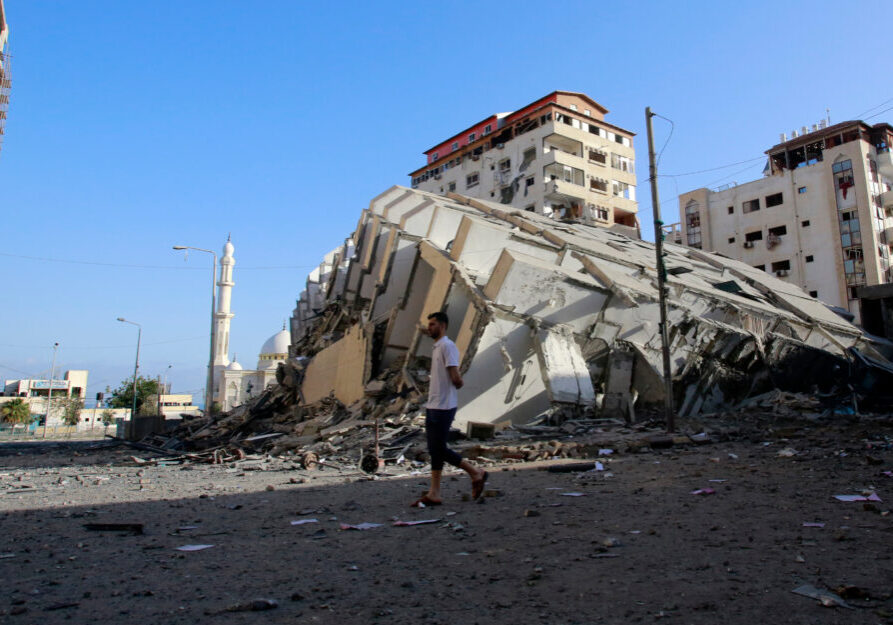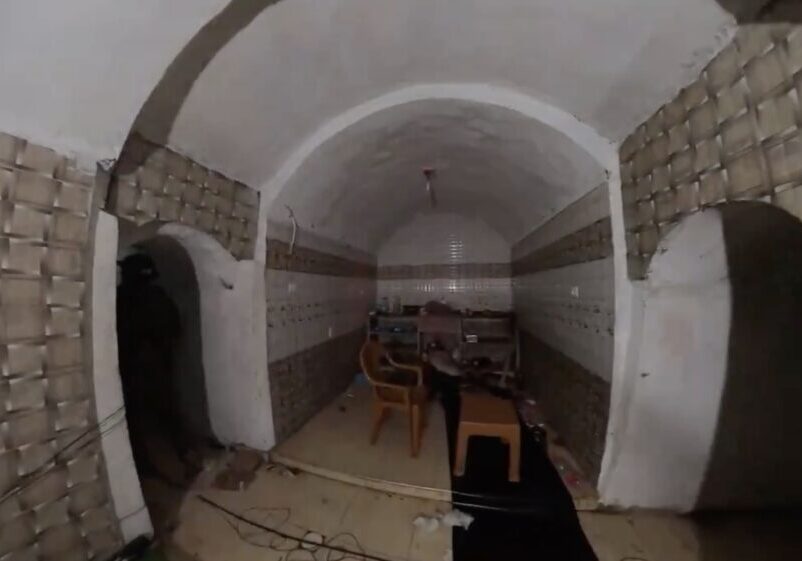Australia/Israel Review
Editorial: The Opposite of Moderation
Feb 3, 2016 | Colin Rubenstein
Colin Rubenstein
Those who were hoping last year’s nuclear deal would lead to positive change in Iranian politics and foreign policy can be assured that change does indeed appear to be occurring. Unfortunately for the world, however, virtually all change so far appears to be for the worse.
The deck has truly been stacked against moderates and would-be reformists in Iran’s next elections, slated for Feb. 26. Eighty percent of candidates were disqualified to run for a spot on the panel that will choose Iran’s next Supreme Leader while 58% were kept off the ballot for the Majlis, or parliament. Among those barred seem to be most supporters of “moderate” current President Rouhani – his camp has claimed as few as 1% of their candidates survived vetting, and Rouhani himself reportedly complained, “If only one faction is present in the vote, and the other is not, then why are we holding elections?”
Of course, this kind of manipulation of Iran’s fundamentally undemocratic politics by the regime is nothing new. What is new is the new air of Western normalisation with Iran and tolerance for its misbehaviour in spite of the dangers this entails.
Those dangers appear to not only be persisting following the official implementation of the nuclear deal reached last July, but expanding in all directions.
Back in December, the International Atomic Energy Agency (IAEA) determined not only that Iran had been lying for years about its nuclear weapons development work, but that it was impossible to form a complete picture of Iran’s weapons program because Iran has been destroying evidence and refusing to answer questions.
In October, Iran tested a nuclear-capable precision-guided ballistic missile, in open defiance of a UN ban.
Iran’s proxy army Hezbollah, fighting on behalf of the Assad regime, has been heavily involved in atrocities in the Syrian war – including the siege of Madaya that has caused the deaths of dozens of civilians there in recent weeks.
Iranian-backed Houthi rebels continue to wreak havoc in Yemen, with fighting that has spilled over into Saudi Arabia.
Iran has shown no interest in calming tensions with the United States either. In recent weeks, it provocatively fired rockets near a US aircraft carrier and, separately, detained and humiliated 10 US Navy sailors that it claimed had strayed into Iranian waters.
Yet even while faced with all this, the West is continuing to empower Iran in the name of strengthening the supposed “moderates” in Iranian politics – even as, in fact, hardliners are increasing their dominance.
The announcement on Jan. 17 by the IAEA that Iran had sufficiently complied with its obligations under the nuclear deal paved the way for the removal of sanctions worth hundreds of billions of dollars to Iran. Western companies, including many in Australia, are expected to rush in and capitalise on business opportunities in the lucrative Iranian market.
The West has thus surrendered its greatest source of leverage against Iran while simultaneously supercharging Iran’s economy and approving the removal of the arms embargo on the country in five years and the embargo on ballistic missile technology in eight.
Iran must now be treated with greater caution and scrutiny than ever. It’s important to remember that the steps Iran has taken in order to have the sanctions removed do not represent the dismantling of Iran’s nuclear program, only a partial rollback of certain aspects. This means that, moving forward, enforcement and inspections will be crucial to ensure that Iran doesn’t cheat its way to a bomb.
Furthermore, in the months since the deal, there has been nothing in Iran’s behaviour to suggest that Iran will be cooperative with investigators.
Equally troubling has been the new US policy of downplaying Iran’s misbehaviour post-nuclear deal to avoid confrontation.
The US Administration may well be trying to protect the deal, but if the agreement emboldens and strengthens an unrepentant enemy, there will be a steep price to be paid.
Today, there are people paying the price in Yemen and in Syria. Tomorrow, flush with cash from the removal of sanctions, the destabilising influences of state terror sponsor Iran and its proxies are certain to widen this circle. At the same time, traditional Western allies in the region are questioning the commitment of the US to rally to their defence in the case of Iranian-backed aggression.
Even the strongest proponents of the nuclear agreement concede that it does no more than delay Iran becoming a nuclear threshold state, and that state will be far more powerful militarily and economically than it is now.
Precisely for that reason, we cannot afford to mortgage our future on the hope Iran will eventually moderate – especially as the evidence mounts that this will not happen. Tomorrow’s security demands require increased Western vigilance across the board today.
First and foremost this vigilance will require setting firm policies regarding the way the West responds to Iranian transgressions – nuclear or otherwise.
With Iranian misbehaviour in terms of promoting terrorism, destablising neighbouring governments, illegally constructing missiles, breaking arms embargos to other rogue entities and appalling human rights abuses showing every sign of not only continuing but being turbocharged through the economic strengthening of the regime, the lifting of nuclear sanctions should hardly be the end of the matter. With sanctions relating to these other issues remaining in place, if Iran continues down its current path, they may need to be significantly enhanced.
Given both the economic and political risks, vigilance and caution will much better serve Australia’s national interests than heedlessly upgrading political ties or indeed encouraging Australian businesses to prematurely rush into the Iranian market. Real normalisation should wait until Iran can demonstrate that it can behave like a normal regime.
Tags: International Security






